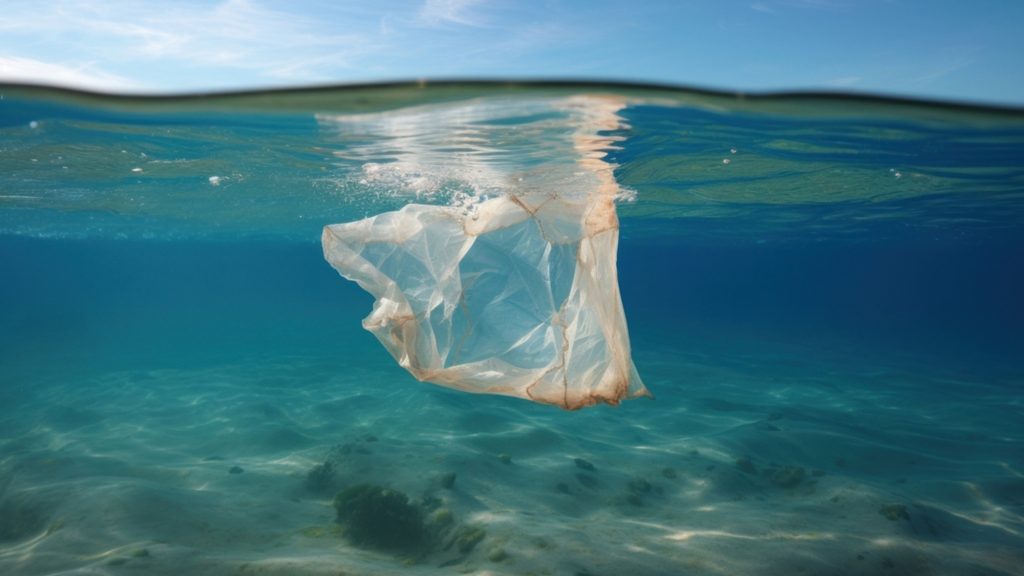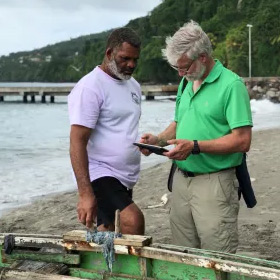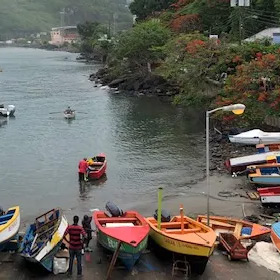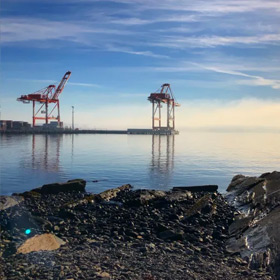Navigating the Future: Innovative Technologies Transforming Ocean Governance

The vast expanse of our oceans holds immense potential for humanity, from providing vital resources to supporting diverse ecosystems. However, with this potential comes the responsibility of effective governance to ensure sustainability and resilience for future generations. As we stand on the cusp of a new era, innovative technologies are emerging as powerful tools to transform ocean governance, enabling us to navigate these challenges with greater efficiency and effectiveness.

At the Institute of Ocean Governance, we recognize the pivotal role that advanced knowledge and skills play in shaping the blue economy towards sustainability. Our expert courses are meticulously designed to empower individuals with the expertise needed to navigate the complexities of ocean management, fostering stewardship and development for a resilient future.
Harnessing Innovation for Sustainable Ocean Management
In recent years, technological advancements have revolutionized the way we perceive and interact with the marine environment. From satellite monitoring systems to autonomous underwater vehicles, these innovations offer unprecedented insights into ocean dynamics, resource distribution, and ecosystem health. By harnessing the power of big data analytics and artificial intelligence, policymakers and stakeholders can make informed decisions based on real-time information, ensuring more effective and adaptive governance strategies.
Promoting Responsible Resource Management
One of the key pillars of ocean governance is the sustainable management of marine resources. With growing concerns over overfishing, habitat destruction, and pollution, it has become imperative to adopt innovative solutions to address these challenges. Remote sensing technologies, for instance, enable authorities to monitor fishing activities and enforce regulations more efficiently, helping to combat illegal, unreported, and unregulated (IUU) fishing. Furthermore, advances in aquaculture technologies hold promise for meeting the rising demand for seafood while reducing pressure on wild fish stocks.
Preserving Biodiversity and Ecosystem Health
Biodiversity loss and habitat degradation pose significant threats to the resilience of marine ecosystems. In response, conservation efforts are increasingly turning to cutting-edge technologies to monitor and protect vulnerable species and habitats. From drones and underwater robots to genetic sequencing and biotechnology, these tools enable scientists and conservationists to study and safeguard marine biodiversity with unprecedented precision and scale. By leveraging these innovations, we can better understand ecosystem dynamics and implement targeted conservation measures to preserve biodiversity for future generations.
Building Resilience in the Face of Climate Change
Climate change poses perhaps the most pressing challenge to ocean governance in the 21st century. Rising sea levels, ocean acidification, and extreme weather events threaten coastal communities and marine ecosystems worldwide. In this context, innovative technologies offer indispensable tools for building resilience and adaptation. Advanced modeling and forecasting systems provide early warnings for coastal hazards, allowing communities to prepare and respond effectively. Meanwhile, nature-based solutions such as coral reef restoration and mangrove reforestation harness the power of ecosystems to mitigate the impacts of climate change and enhance coastal resilience.
Empowering the Next Generation of Ocean Leaders
As we navigate the complexities of ocean governance in the 21st century, it is essential to invest in the next generation of ocean leaders equipped with the knowledge, skills, and vision to address emerging challenges. At the Institute of Ocean Governance, our expert courses provide a comprehensive understanding of sustainable ocean management, empowering individuals to drive positive change in their respective fields. Through interdisciplinary learning and hands-on experience, we cultivate a new generation of ocean stewards committed to shaping a resilient future for our seas and communities.
In conclusion, as we stand at the dawn of a new era, innovative technologies hold immense promise for transforming ocean governance and fostering sustainable development. By embracing these tools and empowering individuals with the necessary expertise, we can navigate the complexities of the blue economy with confidence and stewardship, ensuring a resilient future for generations to come. Join us at the Institute of Ocean Governance as we chart a course towards a sustainable and thriving ocean environment.







